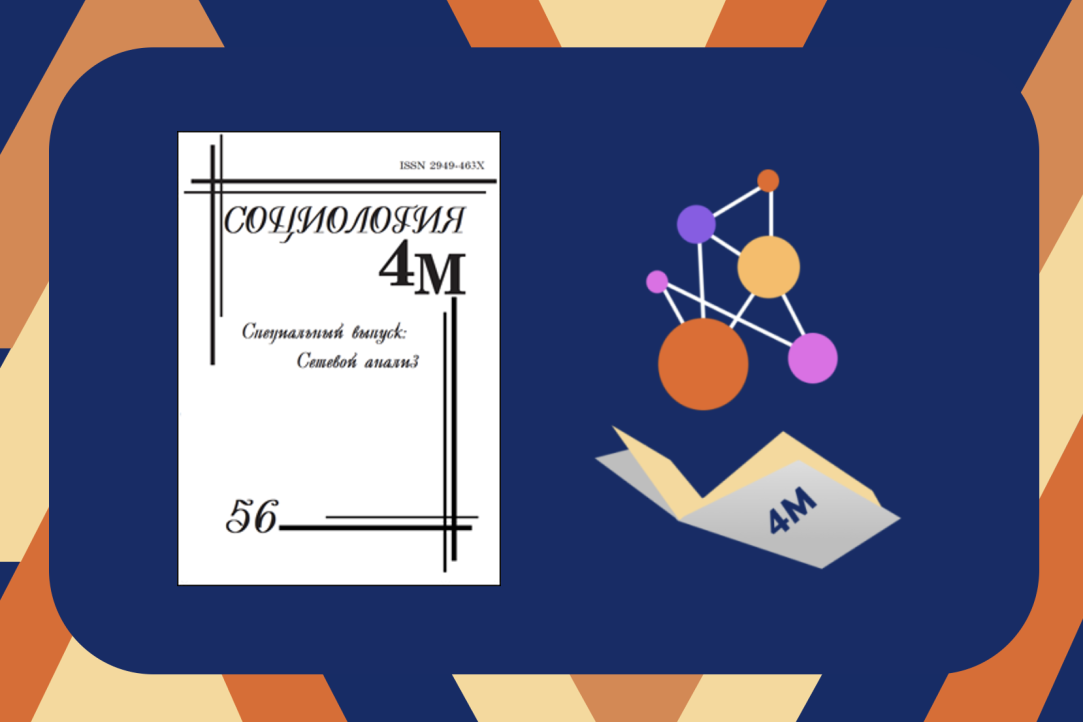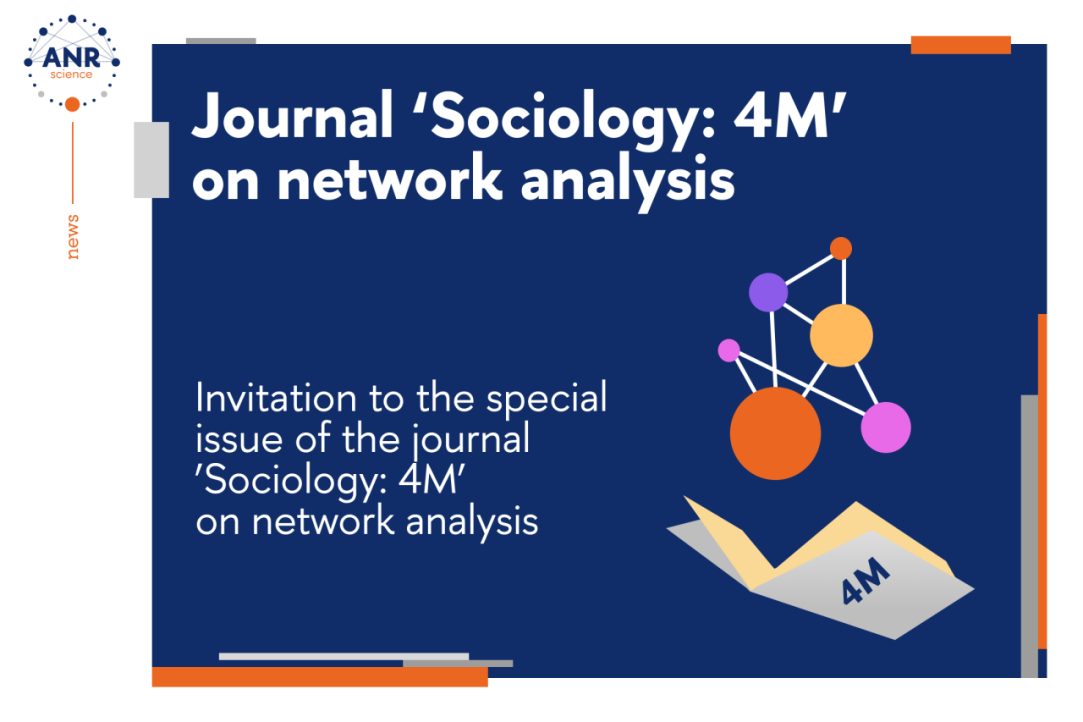
Tag "publications"




Springer, one of the world's leading publishers of scientific literature, has launched a new book series, entitled ‘Societies and political orders in transition’. The series has been initiated by the HSE Faculty of Social Sciences, and three HSE representatives are members of the series International Advisory Board, with the other four members coming from universities in Germany, UK and the USA.

-пробирки анализами в руках врача.jpg)

Three HSE journals — Public Administration Issues (Voprosy Gosudarstvennogo i Munitsypal’nogo Upravleniya), Psychology. Journal of the Higher School of Economics (Psychologiya. Zhurnal Vysshey Shkoly Economiki) and The Russian Sociological Review (Sociologicheskoye Obozreniye) — are to be indexed by Scopus. The editorial boards of these journals have already been officially notified by Elsevier.
Women who have moved to another part of the country tend to have higher fertility than those who stay in the same community all their lives. Relocation often improves a woman's life circumstances and broadens her choice of marriage partner, thus supporting her reproductive intentions, according to Svetlana Biryukova, Senior Research Fellow of the HSE Center for Studies of Income and Living Standards, and Alla Tyndik, Leading Research Fellow at the RANEPA.
The book ‘Wandering Workers. Mores, Behavior, Way of Life, and Political Status of Domestic Russian Labor Migrants’ has been nominated for the Distinguished Scholarly Monograph Award in the American Sociological Association’s Section on Labor and Labor Movements .
More than twenty years after the collapse of the socialist bloc, virtually none of the post-communist countries have attained the level of socioeconomic development characteristic of advanced democracies. Likewise, none of the post-communist countries have emerged as successful autocracies with high-quality public institutions, such as those found in Singapore or Oman. Professor Andrei Melville, Dean of the HSE Faculty of Social Sciences, and Mikhail Mironyuk, Associate Professor of the HSE School of Political Science, examine possible reasons why it is so.
Over the past three years, the business climate in Russia has improved for companies with a long planning horizon and for those receiving government support. State-owned companies, however, have been worse off after losing their privileges and facing a level playing field, according to Andrei Yakovlev, director of the HSE Institute for Industrial and Market Studies, Irina Levina, research fellow at the same Institute, and Anastasia Kazun, postgraduate student at the HSE Faculty of Social Sciences.
It is increasingly common for scientists to engage the general public in dialogue and involve people in research rather than communicating with them in a haughty or condescending manner. We are witnessing the hybridization of research institutes: researchers are more actively collaborating with the media, civil society, and the customers for research, HSE Associate Professor Roman Abramov and Senior Lecturer at the Department for the Analysis of Social Institutions Andrei Kozhanov noted in an article.
Encouraging entrepreneurship, providing social support services and helping people find jobs are all part of a new ‘social contract’ programme introduced across Russia to assist poor families in becoming financially self-sufficient. Using formal contracts to encourage low-income people to engage in economic activity is proving to be more effective than welfare handouts, according to researchers of the HSE Centre for Studies of Income and Living Standards.
Over the past two decades, the average life expectancy in Russia has increased by 2.3 years for women and 1.4 years for men, according to a recently published paper based on the WHO's Global Burden of Disease (GBD) assessment – a major epidemiological study by a group of international experts, including Vasily Vlassov, Professor of the HSE Department of Health Care Administration and Economy.
The book ‘Democracy in a Russian Mirror’ edited by Adam Przeworski was issued by Cambridge University Press in May 2015. Three of the authors — Boris Makarenko, Andrei Melville and Mikhail Ilyin — are staff members of the School of Political Science.
HSE's publishing house has published the Russian version of the Oxford University Press textbook 'Democratization' edited by Christian Haerpfer, Patrick Bernhagen, Ronald Inglehart and Christian Welzel.
Eastern European history shows that in the majority of post-Soviet countries, where lustration was carried out in one form or another, the situation with corruption is now considerably better than in those countries where lustration was not carried out. But what we see in Slovenia is, in fact, an clear deviation from this pattern. Lustration was not carried out in Slovenia. Nonetheless, the country is among the best performers in terms of anti-corruption measures and can be compared with Estonia, where lustration did take place. The Slovenia phenomenon has been analysed in the article ‘Fighting Corruption: The Slovenian Phenomenon’ by Yuliy Nisnevich, Professor at the School of Political Science, Academic Supervisor of the Laboratory for Anti-Corruption and Heather Stetten, independent researcher (USA).


